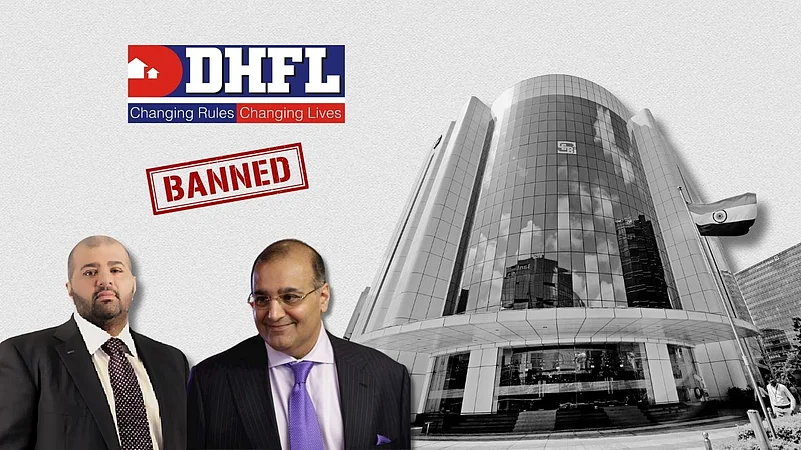The Securities and Exchange Board of India (Sebi) has concluded its probe into the alleged fund diversion at Dewan Housing Finance Corporation Ltd (DHFL). On August 12, the regulator issued a final order barring six former top executives from accessing the securities market or associating with any listed or Sebi-registered entities.
The officials banned include ex-Chairman and MD Kapil Wadhawan, ex-Director Dheeraj Wadhawan, former non-executive directors Rakesh and Sarang Wadhawan, former CEO Harshil Mehta, and former CFO Santosh Sharma. These officials either orchestrated, aided, or failed to stop a scheme that misrepresented DHFL’s financial health and misled investors, Sebi said in its order.
DHFL, once a major housing finance company, was in the business of providing loans for home construction or purchase, as well as loans against property. In 2021, it was acquired by the Piramal Group for Rs 34,250 crore and merged with Piramal Capital Housing Finance. Its shares were delisted from both the exchanges – National Stock Exchange and Bombay Stock Exchange, in June 2021.
The DHFL Fund Diversion Case
Sebi’s investigation found that DHFL, between FY 2006-07 and FY 2018-19, diverted Rs 11,548.95 crore to 87 “Bandra Book Entities” (BBEs) linked to its promoters. These loans, Sebi said, were disguised in company records as small-ticket home loans.
“Amounts disbursed to 87 unique BBEs are shown as small fictitious home loan accounts and actual repayment made by the BBEs was distributed into numerous fictitious loan accounts of smaller amounts,” Sebi said in its order.
The regulator added that loans to these entities, which made up nearly a quarter of DHFL’s loan book, were not reported as related-party transactions even though the promoters had “significant influence” over them.
“If the company had presented the real picture of its financial statements excluding the interest income from the loans given to the BBEs, the company would have been reporting losses as early as FY 2007–08,” the regulator said.
How DHFL Used To Divert Funds
Investigations found that DHFL kept records of these loans in several different accounting systems and structured them in a way that concealed their true nature. The transactions bypassed standard loan approval processes and were routed through specific bank accounts.
All BBEs were found to be connected to each other and to the promoters, and several of them shared common directors. Some of the funds these BBEs received were invested into other companies connected to the promoters. Later, some of these loans were shifted from the retail loan category to wholesale borrowers.
According to Sebi, this misrepresentation went on for over ten years and created a false impression of DHFL’s financial performance and hid the fact that it could have been making losses since as far back as 2007-08.










